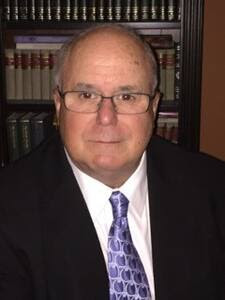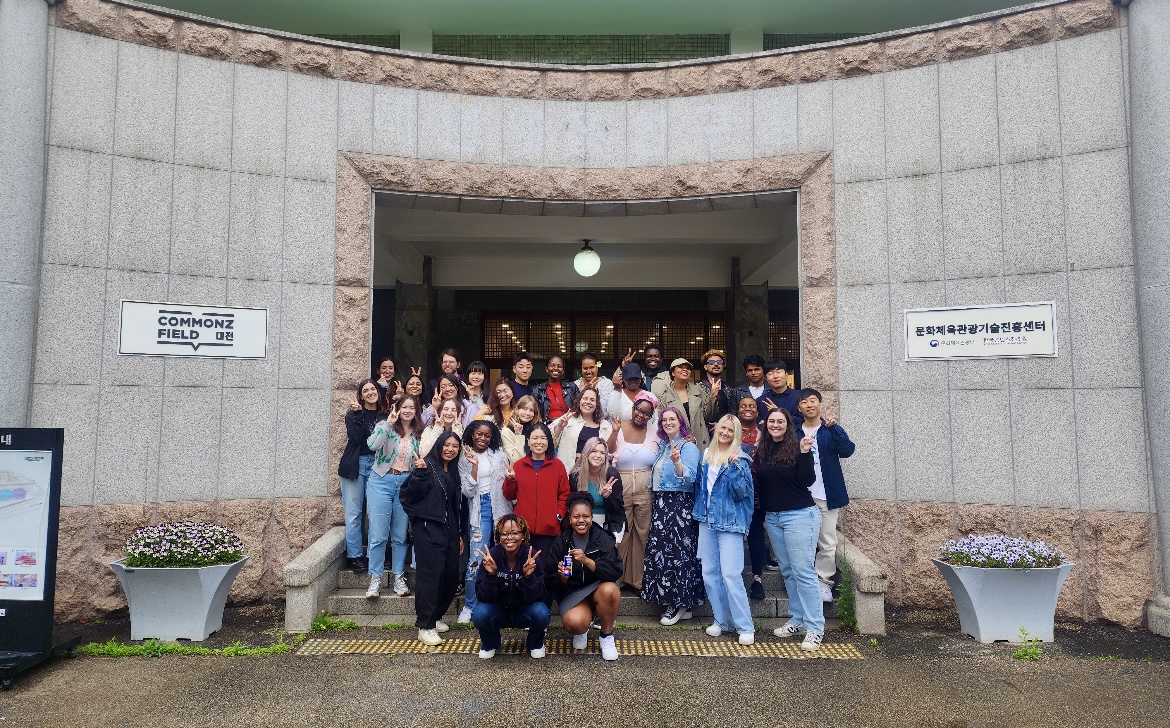The fall semester begins next month, which means stress will be at an all-time high from adjusting to a new schedule and balancing work, school and a social life. Experiencing college burnout throughout the semester is common according to a study done by the Hechinger Report. If not managed correctly, you could find yourself exhausted. Let’s get into how you can avoid college burnout and some resources provided on campus to ensure you have a smooth transition back to school.
“Burnout results from feeling like you’re doing so much,” Kathryn White, a postdoctoral resident for UNF’s Counseling Center, said. “You don’t have any more time, low energy, emotions are depleting, and a feeling of pessimism or cynicism, like what you are doing doesn’t matter. And that’s what makes burnout particularly painful compared to other stress because of the additional emotional weight of it.”
The graduation rate is currently 65% at UNF. Out of 9,763 students, 65% graduated, 22% transferred, 13% withdrew. These include full-time and part-time students who have either started college here or transferred in. The U.S. Department of Education College Scoreboard recorded these percentages of all students from eight years of entry.
Students tend to withdraw well within their school years because of specific circumstances. These can be due to financial costs, low academic performance, mental health, or a much-needed gap year, according to the Education Advisory Board.
“One of the metaphors I’ve used before is like a candle that’s being extinguished or a fire that goes out,” Dr. White said. “It implies that there was this fire at one point, you have this real passion for life, but then as oxygen was depleted or as there’s nothing to burn anymore, the fire gets smothered and goes out.”
White explained the three different ways a person can prevent their “fire” from going out. She said that by replenishing these sources, you might never have to get to that burnout stage to begin with.
Taking a micro break
Schedule either a day or a week to unplug. Spend the day doing things you enjoy or just relax. This can help recharge so that when you return, you can feel prepared to take on any tasks.
Spend this time away from your work, allowing your brain to catch a breather. Since burnout comes from a place of exhaustion, so for the future taking time off could help prevent that final stage.
Making bigger life changes
These changes come from taking a gap year or taking more hours off from work. Placing boundaries with yourself and others could potentially help with the way you spend your time as well.
Bigger life changes can be scary, but consider the positives of making these changes. Instead of using a day to socialize with friends, maybe use it for yourself. Reducing your work schedule to 20 hours a week instead of 30. You could also try speaking to your academic advisor about reducing school hours for the semester.
It might be challenging to even think about these options. However, these major life changes are a last step approach to the bigger issue.
Finding meaning
Dr. White explained how burnout is a sense of purposelessness. But this is far from the truth. Even if it is something as tiny as seeing the confetti after submitting an assignment on Canvas or setting small goals throughout the week, all of it has a purpose, and there is an end goal to the work you create.
Dr. White also suggests to her clients to use the good old treat yourself method. After an hour of working on something, give yourself 30 minutes of free time to scroll through social media or a tasty treat. Or for a mental breather, reflect on the work you’ve accomplished. Don’t be too critical of yourself, see what improvements you have made.
Using these three methods and taking time for yourself can help prevent burnout. If you find yourself still struggling and would like to have professional help, the Counseling Center and PERCH are always available on campus.
___
For more information or news tips, or if you see an error in this story or have any compliments or concerns, contact editor@unfspinnaker.com.
















